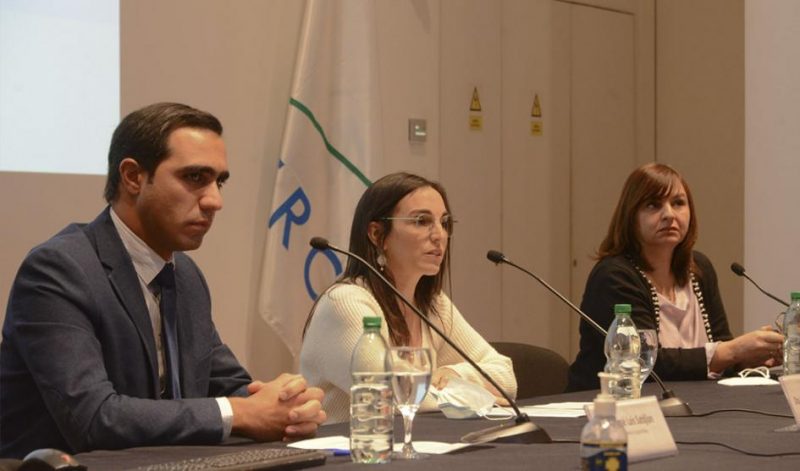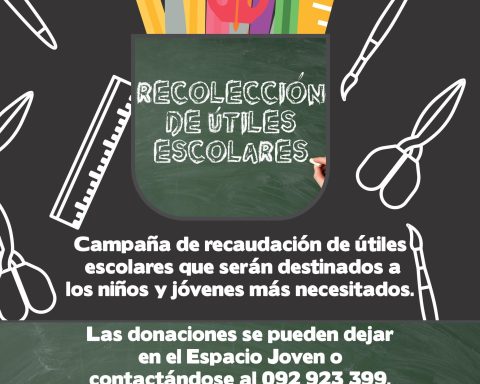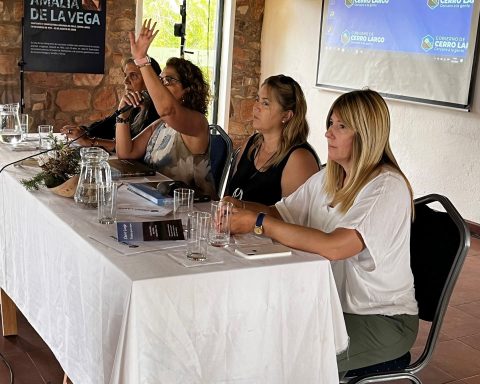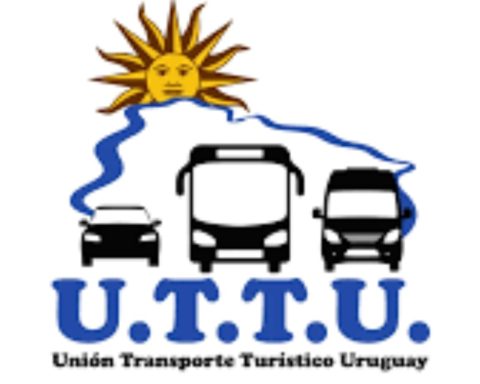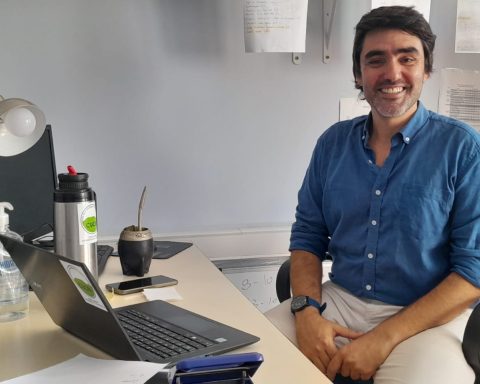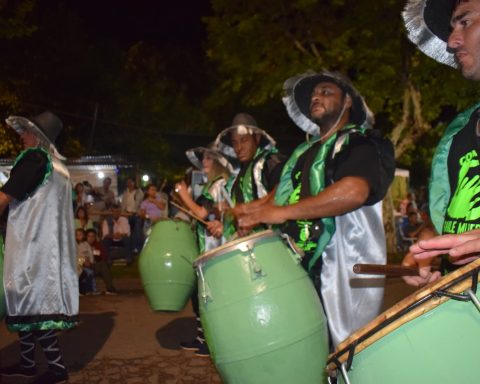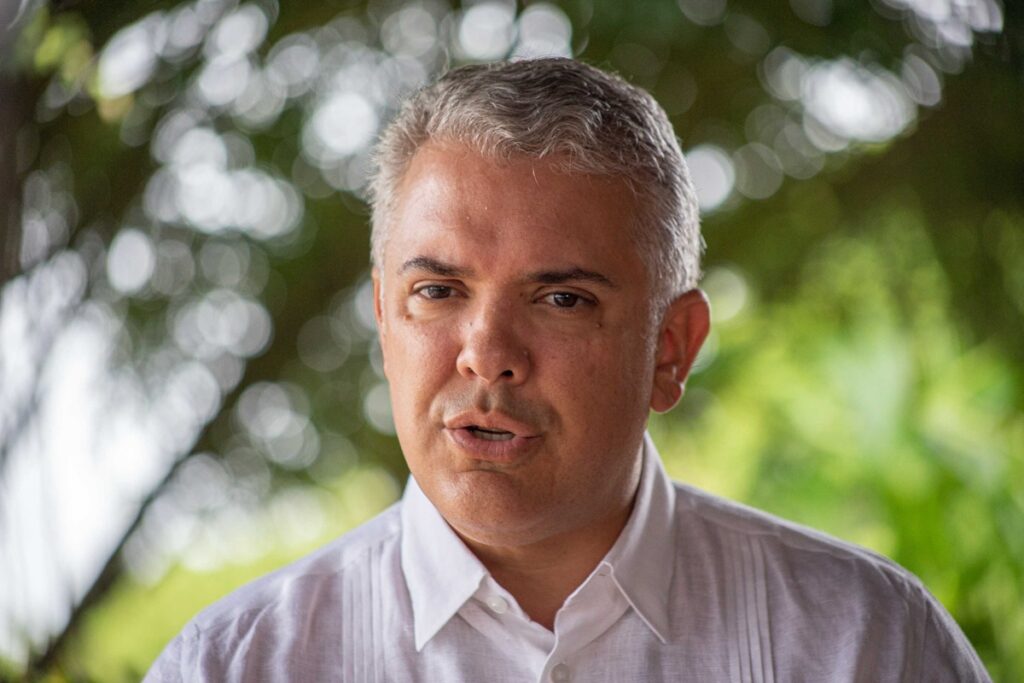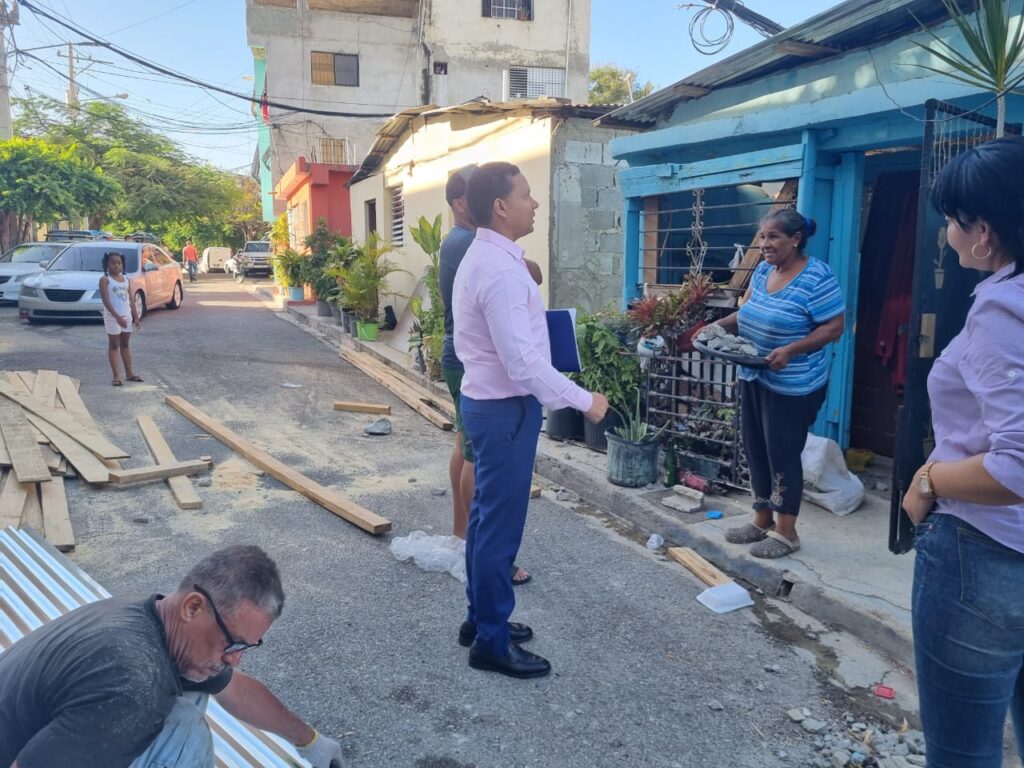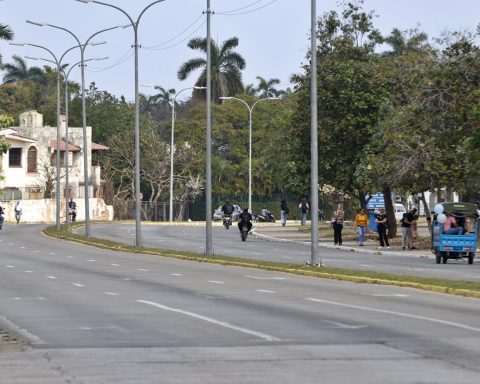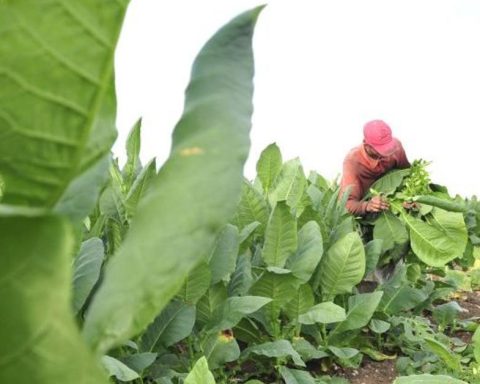The interim Minister of Public Health, José Luis Satdjian, said that between 2015 and 2021 the National Resources Fund (FNR) authorized the financial coverage of 4,250 highly complex assisted human reproduction procedures. In addition, he announced that it is being evaluated to incorporate the financing of the preimplantation genetic diagnosis technique to the benefits. “The economic factor should not be an impediment,” he noted.
Satdjian led the launch of the fourth edition of the Fertility Week in Uruguay, which will take place between June 4 and 10, accompanied by the president of the Uruguayan Society of Human Reproduction, Virginia Chaquiriand, and the general director of the FNR , Maria Ana Porcelli.
The presentation, which took place this Friday the 3rd in the Executive Tower, was also attended by the Minister of Social Development, Martín Lema, and the General Director of Health, Miguel Asqueta.
The interim minister stated that rushing administrative times so that couples can become parents is the responsibility of the State, that the economic factor should not be an impediment to ensure a universal human right and that the obligation is to be responsible.
He stated that from 2015 to December 31, 2021, 4,865 requests for financial coverage for highly complex assisted human reproduction procedures entered the FNR and that 4,250 were authorized. In addition, 342 are pending a response, because more information was requested from the medical association, and 227 were not authorized because they were not contemplated in the regulations.
“These results are comparable to those of developed countries. Uruguay is up to the task in that regard. We have to continue educating and making it visible that there are tools and infrastructure for couples to be parents,” said Satdjian.
On the occasion, he announced that it is evaluating incorporating the financing of the preimplantation genetic diagnosis technique to the benefits of the FNR.
Porcelli, meanwhile, detailed that 48% of the requests correspond to the interior of the country and 52% to Montevideo, that 73% were presented by women between 18 and 40 years old and that 84% come from private providers. The average age of those who request the benefit is 39 years.
For his part, Chaquiriand stressed that the motto of this date for 2022 is “Informed, we choose better” and that the fundamental thing is to work on prevention.
He recalled that in 2013 the assisted human reproduction law was enacted, that in 2014 work began on coverage of low complexity and in 2015, on high complexity, in the orbit of the FNR.
In addition, he explained that in July 2020 the issue of copays was modified and that these changes allowed families to increase their coverage. He also warned that cancer patients need to be included.
